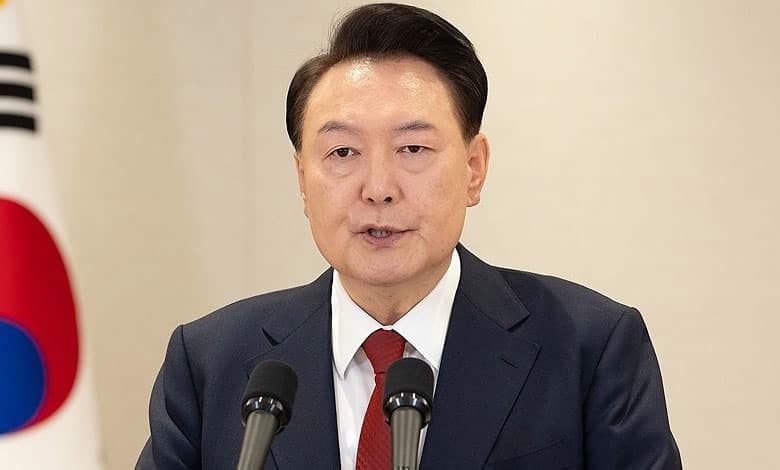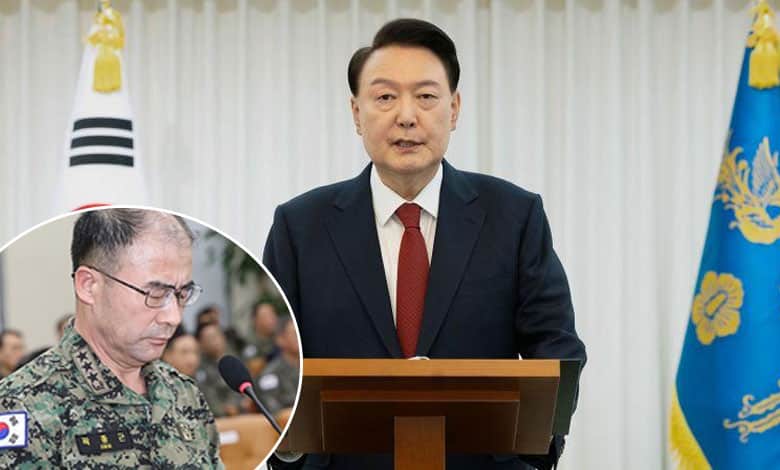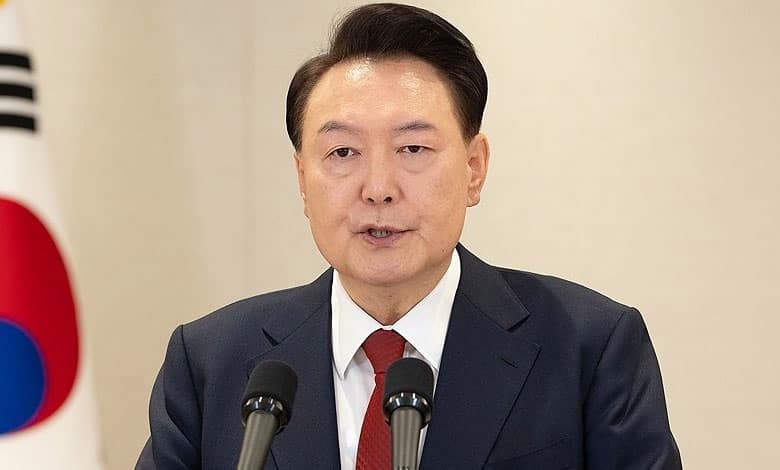South Korea Requests Arrest Warrant for President Yoon Suk-yeol on Martial Law Declaration

South Korea seeks an arrest warrant for suspended President Yoon Suk-yeol on insurrection charges over his brief martial law declaration, sparking a historic political crisis.
South Korea’s political landscape is in turmoil as authorities request an arrest warrant for suspended President Yoon Suk-yeol, citing insurrection and abuse of power charges. Yoon’s brief declaration of martial law on December 3, which lasted just six hours, has plunged the nation into its most significant political crisis in decades.
Table of Contents
The Joint Investigation Headquarters, composed of officials from the Corruption Investigation Office for High-ranking Officials (CIO), the police, and the Ministry of Defence, initiated the arrest request after Yoon ignored three questioning summons. The warrant will be a historic first if granted by the court.
Yoon faces charges of insurrection, a crime that could lead to life imprisonment or the death penalty. Despite presidential immunity for most crimes, South Korean law excludes rebellion and treason from such protections.
Martial Law Sparks Controversy
Yoon’s imposition of martial law led to dramatic scenes, with heavily armed troops storming the National Assembly. Prosecutors allege that Yoon authorized the use of force, allowing soldiers to fire weapons if necessary to gain entry into the legislature. The controversial order was rescinded after lawmakers voted unanimously to lift it.
Also Read: Benefits of a 10-Year US Visa for Indian Passport Holders: A Game-Changer for Frequent Travelers
Yoon defended his actions, claiming they were essential to counter “anti-state forces” and opposition obstructionism. However, the National Assembly impeached Yoon on December 14 with a decisive 204-85 vote, suspending him from his duties.

Political Fallout Deepens
The crisis escalated as the opposition-controlled legislature impeached acting president Han Duck-soo on Friday. Presidential authority has now shifted to Deputy Prime Minister and Finance Minister Choi Sang-mok. Han was impeached after failing to appoint three justices to the Constitutional Court, deliberating on Yoon’s impeachment.
The Constitutional Court has up to six months to decide Yoon’s fate—either removal from office or reinstatement as president. Meanwhile, the court has denied Yoon’s legal team’s request for more time to prepare their case.
Legal Defense and Public Response
Yoon’s lawyer, Yun Gap-Geun, criticized the CIO for allegedly overstepping its authority and vowed to take formal steps to challenge the charges. Yoon’s brief declaration of martial law has drawn comparisons to South Korea’s authoritarian past, sparking nationwide debates over democratic stability and executive power.
As the court deliberates on the arrest warrant, the nation awaits the resolution of its most profound political crisis in recent memory.

